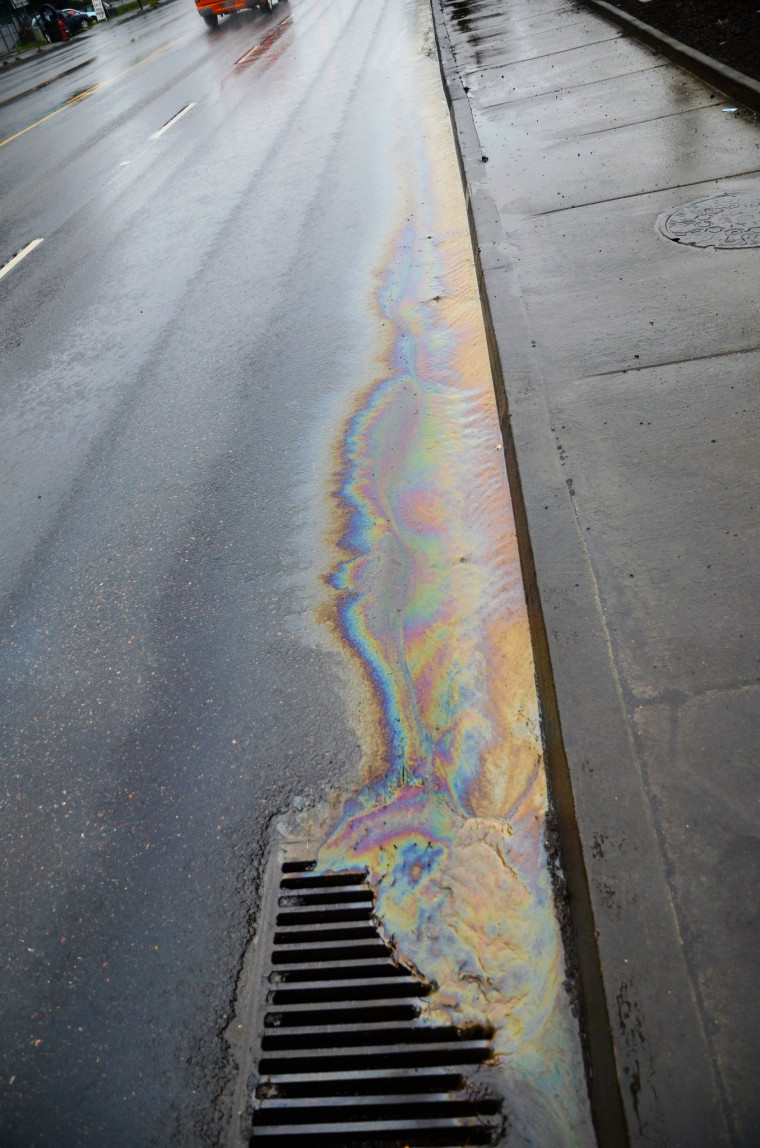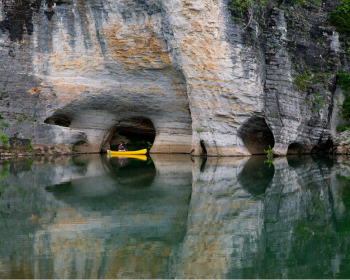Earthrise secures improvements to industrial stormwater discharge permits
Open gallery

Earthrise Law Center, on behalf of our clients Columbia Riverkeeper and Northwest Environmental Defense Center (NEDC), today successfully resolved a lawsuit challenging Oregon’s general permit for discharges of industrial stormwater. Under the terms of the settlement, the Oregon Department of Environmental Quality (DEQ) will make a number of near-term improvements to the permit, followed by a two-year process to develop scientifically sound, numeric limitations for discharges of several toxic pollutants found in industrial stormwater that are harmful to fish and other aquatic life.
Earthrise filed suit in September 2017 in Multnomah County Circuit Court, alleging that DEQ’s industrial stormwater general permit, called the “1200-Z Permit,” failed to include adequate limits for toxics and failed to require monitoring and reporting sufficient to keep DEQ and the public aware of stormwater pollution events. Earthrise had twice before represented Columbia Riverkeeper and NEDC in challenges to prior versions of the 1200-Z Permit, in 2006 and 2010.
Industrial stormwater pollution is a pervasive water quality problem nationwide, especially in the Pacific Northwest where rainfall is prevalent and dozens of threatened or endangered fish and aquatic species are at risk. The 1200-Z Permit regulates over 800 industrial sites in Oregon where runoff is often exposed to heavy machinery, chemical spills, or oil and gas leaks before carrying toxics and other harmful pollutants to nearby rivers and streams. Despite these water quality concerns, EPA and the states have long relied on vague, narrative “best management practices” instead of numeric limits on pollution. Those practices, and the general permits that incorporate them, have failed to ensure that state water quality standards are protected.
Among the immediate improvements DEQ will make to the 1200-Z Permit are requirements for increased agency oversight for proposed new discharges to waters already impaired by pollution and more frequent monitoring and reporting of stormwater discharges. A modified 1200-Z Permit with these and other changes will be issued in October 2018. In the longer term, DEQ has agreed to engage with environmental and industry stakeholders to assess available stormwater data and treatment methods and to develop limits for discharges of copper, lead, zinc, and suspended solids. We are confident that this process will lead to a revised 1200-Z Permit that, for the first time ever, imposes clear, enforceable, numeric limits on those pollutants. The settlement requires DEQ to issue a significantly revised 1200-Z Permit by March 2021.
Earthrise attorneys Jamie Saul and Allison LaPlante handled the case, assisted by outside counsel Karl Anuta.
Earthrise Law Center is located in Wood Hall on the Law Campus.
MSC: 51
email earthrise@lclark.edu
voice (503) 768-6736
fax (503) 768-6642
Allison LaPlante
Earthrise Law Center
Lewis & Clark Law School
10101 S. Terwilliger Boulevard MSC 51
Portland OR 97219

